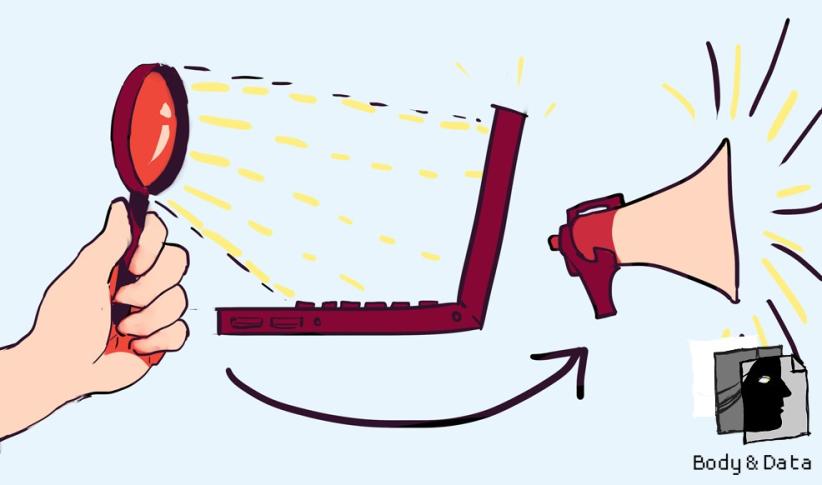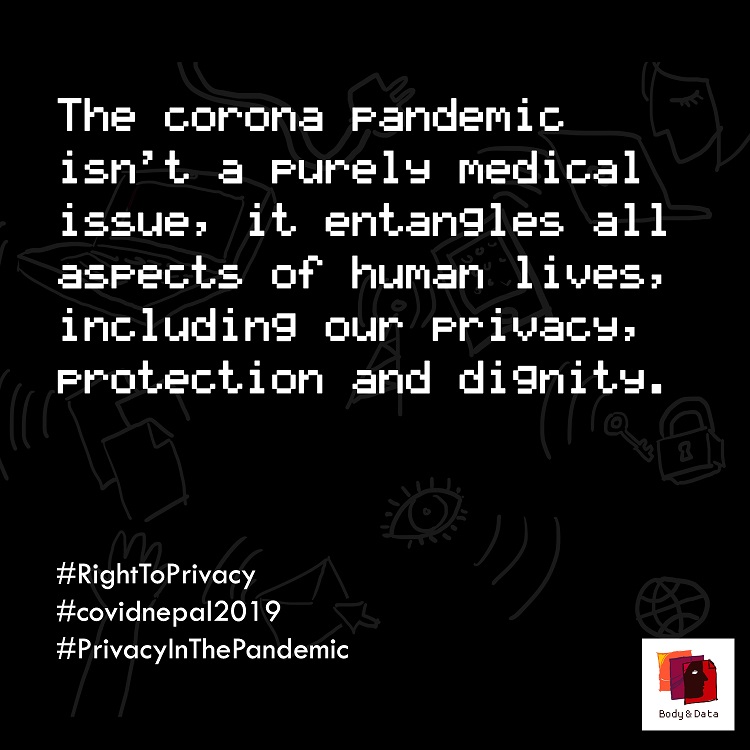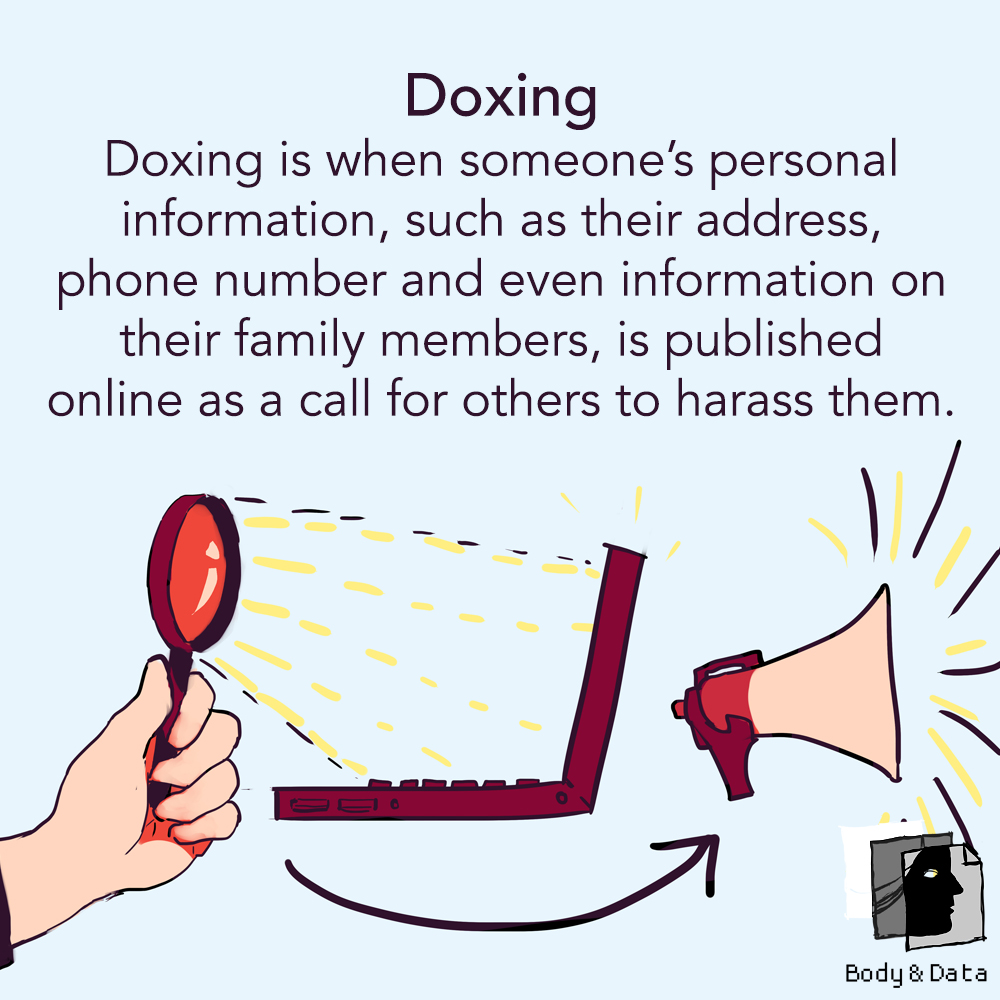
This piece was originally published on the website of Body & Data, an APC member organisation in Nepal.
The corona pandemic isn’t a purely medical issue, it entangles all aspects of human lives, including our privacy, protection and dignity. Recently, the list of passengers who flew on the same flight from France to Nepal with a woman who tested positive, along with the details of the passengers of the same airways, has been public. The list includes personal information of the people including their names, Nepali citizenship number and contact number. This breaches the right to privacy of the individuals and is putting them at the risk.

People deliberately found the details and now individuals and online news portals have been sharing them, without the consent of these individuals. This is cyber harassment, also known as "doxing". It is very insensitive, unethical and against our basic human rights to be protected and a violation of our right to privacy. This very action of making their data public is against our constitution and the Universal Declaration of Human Rights and International Covenant on Civil and Political Rights as well.

There is targeted hate speech against the woman who tested positive – slut-shaming and death threats. When a woman is attacked online, we can see how her body and sexuality is under attack. Revealing personal details of people who have tested positive or are potentially suspected of infection with the coronavirus will cause lifelong harm to them and their families – physical, mental, economic and psycho-social. Individuals hold the right to privacy and Body & Data believes in full control over personal data and information online at all levels, as mentioned in the Feminist Principles of the Internet.
See our Twitter thread on #PrivacyInThePandemic.
To see this post in Nepali, click here.